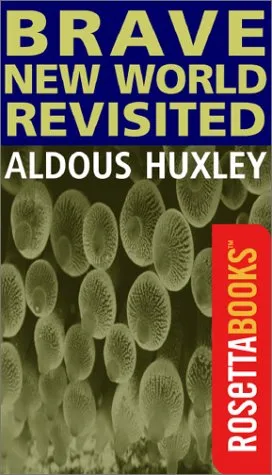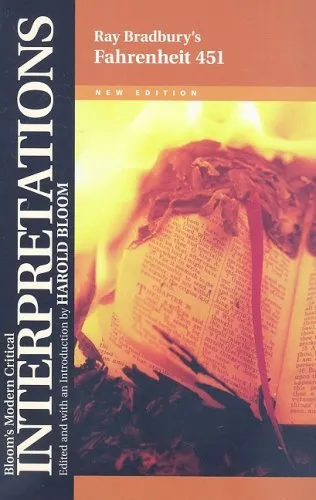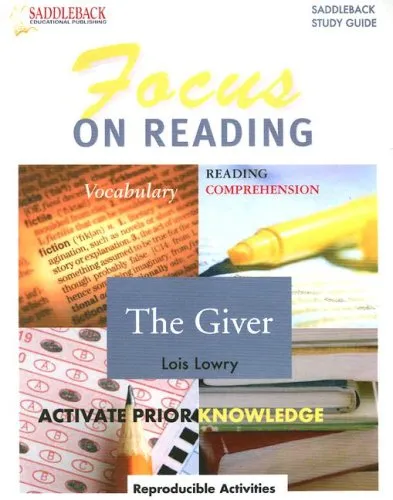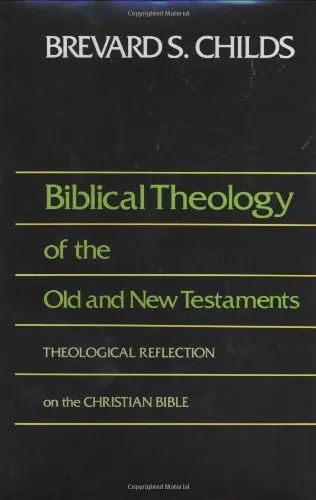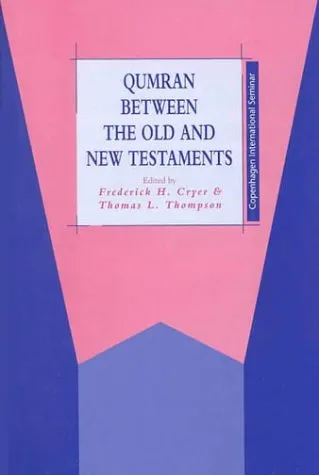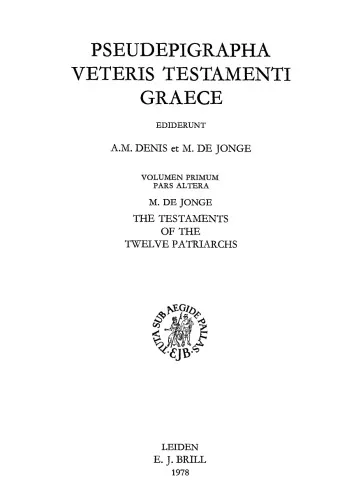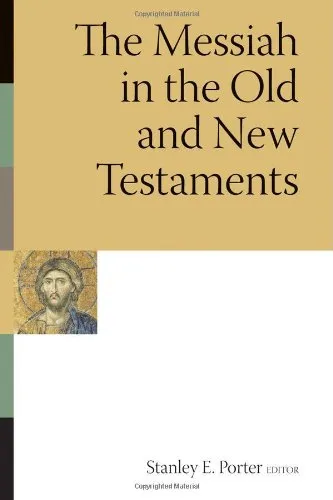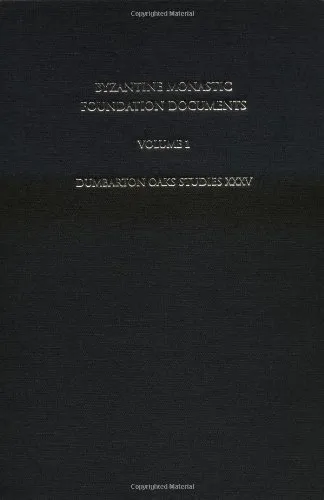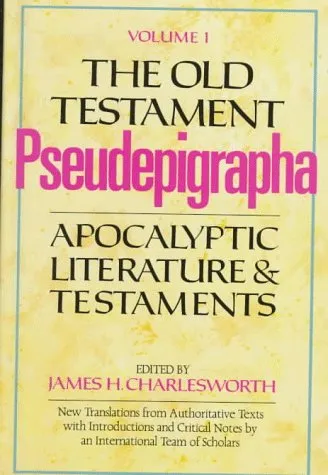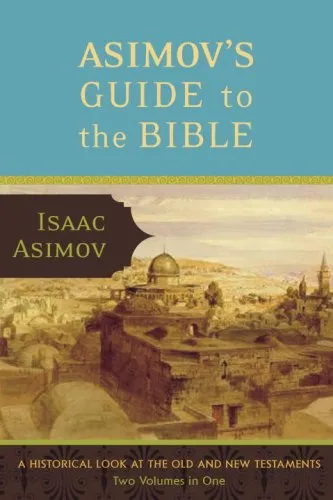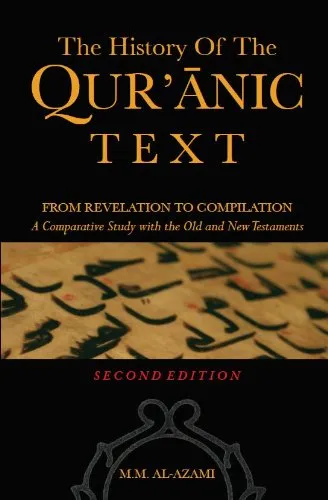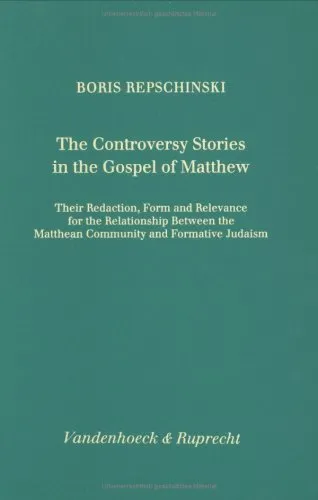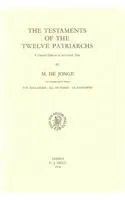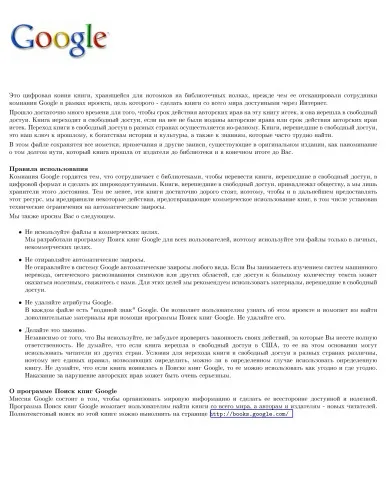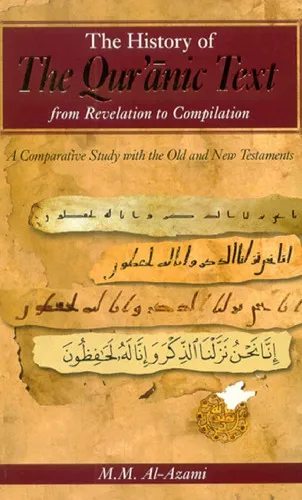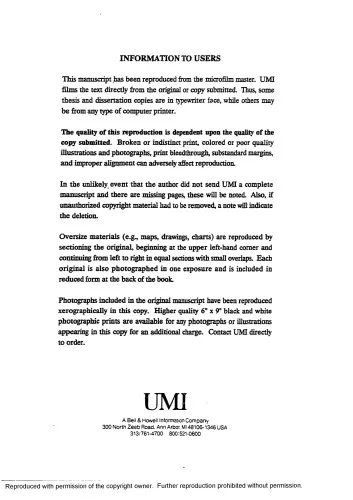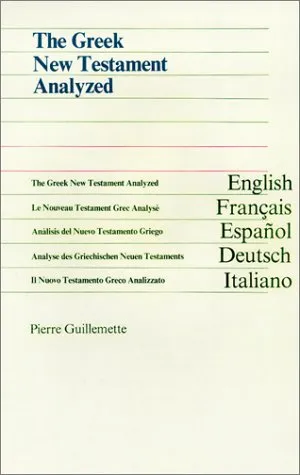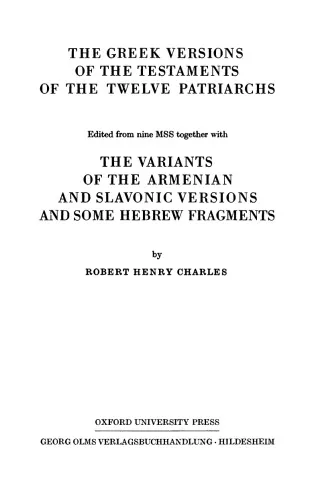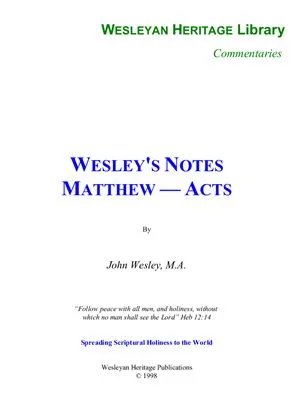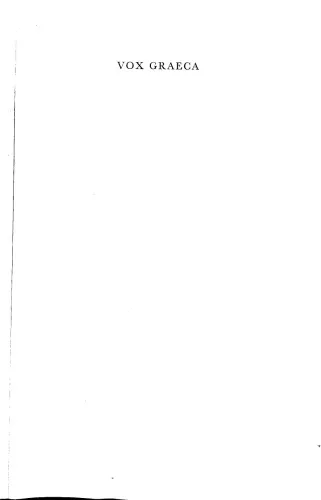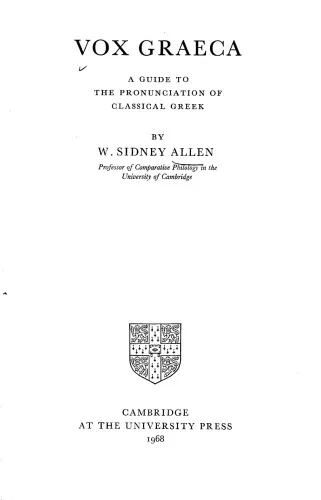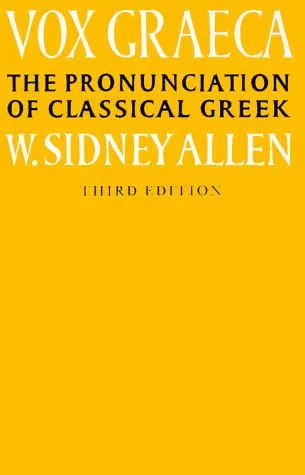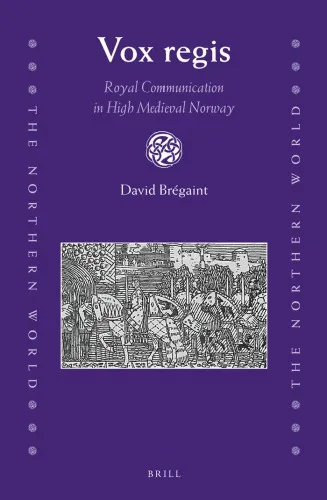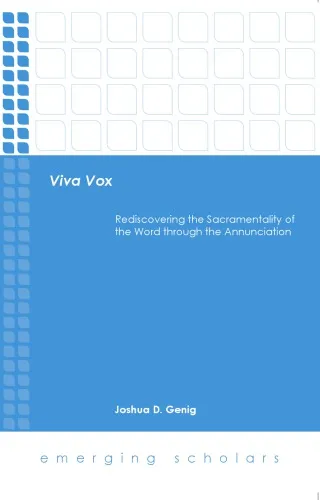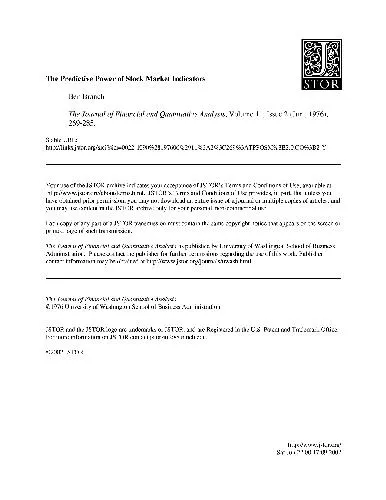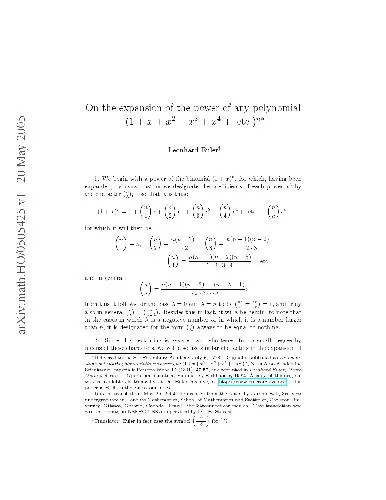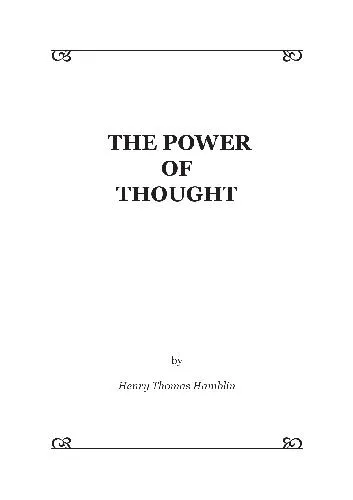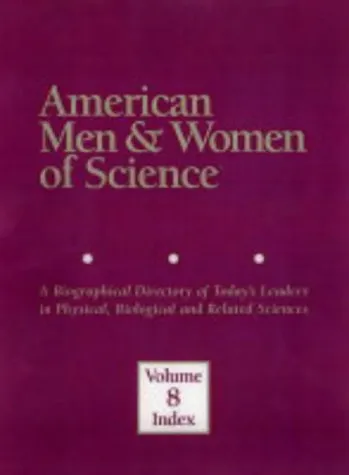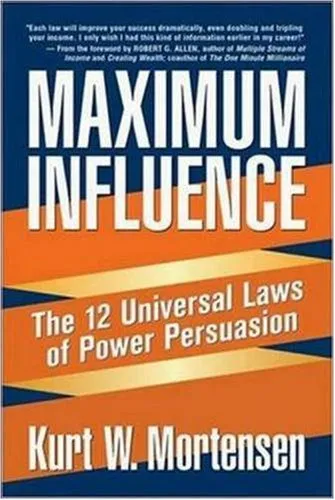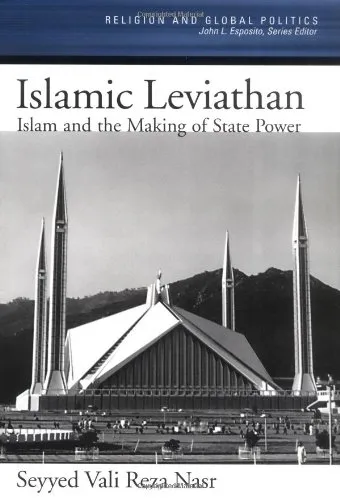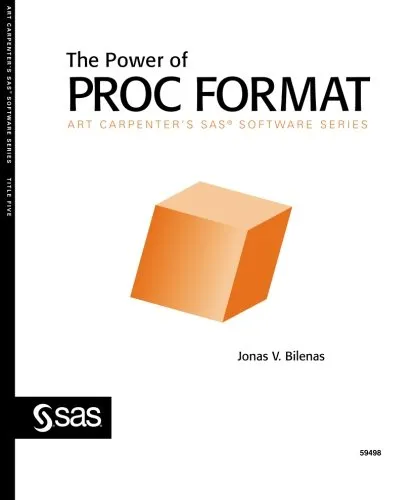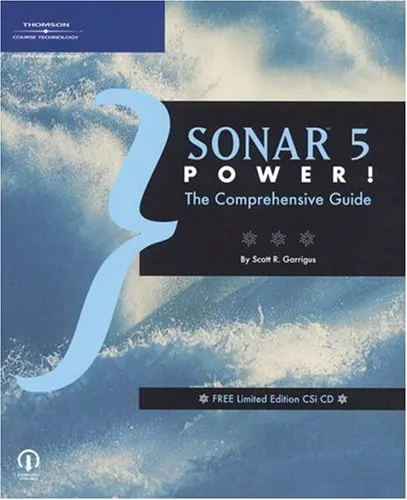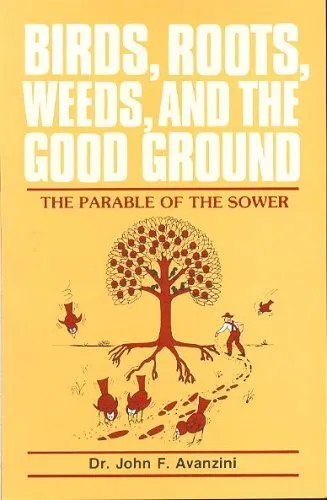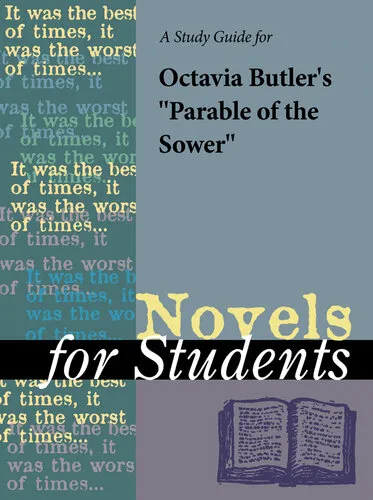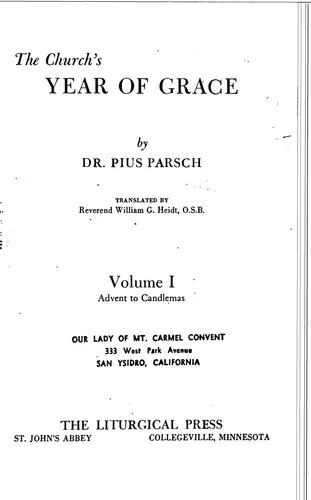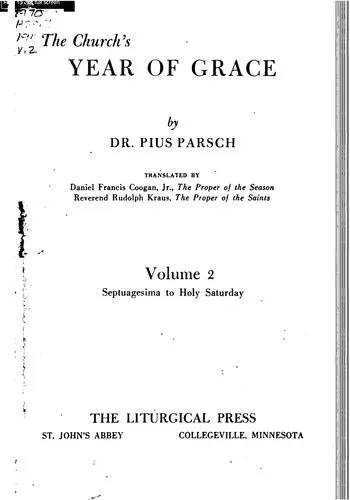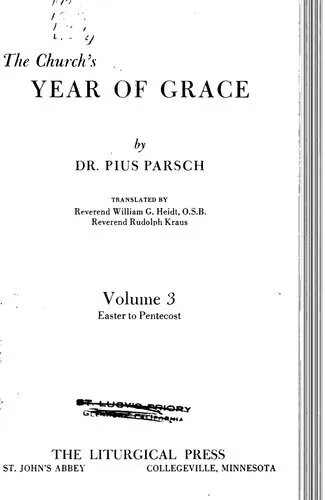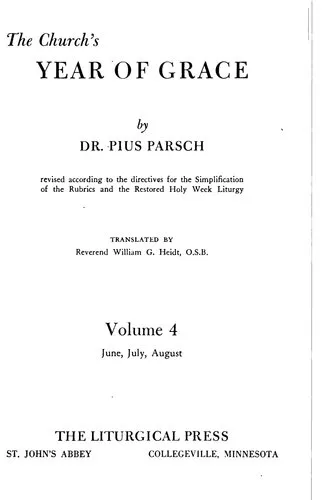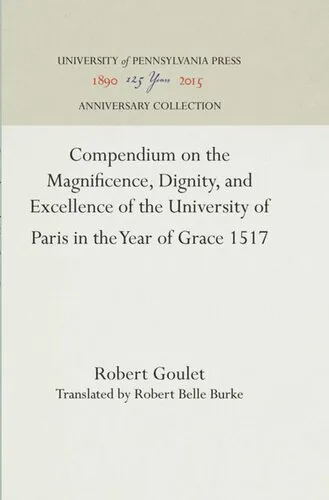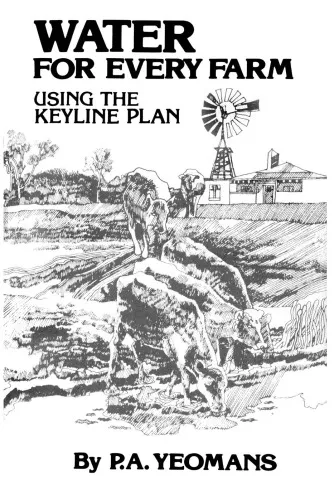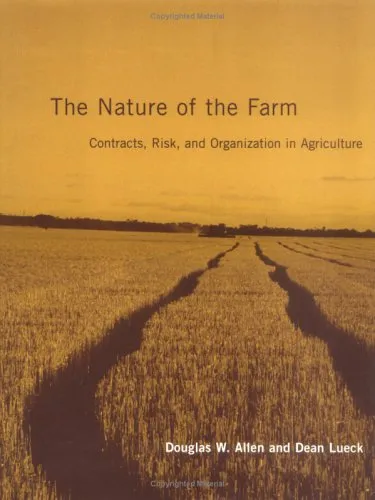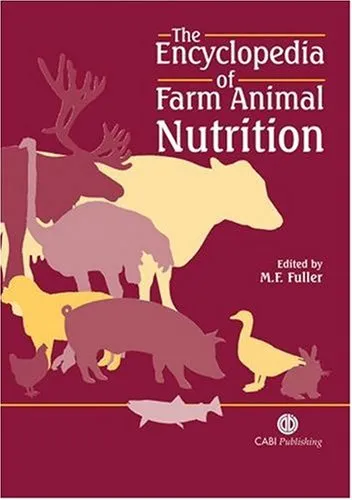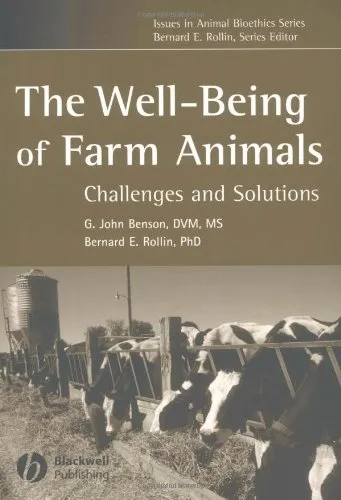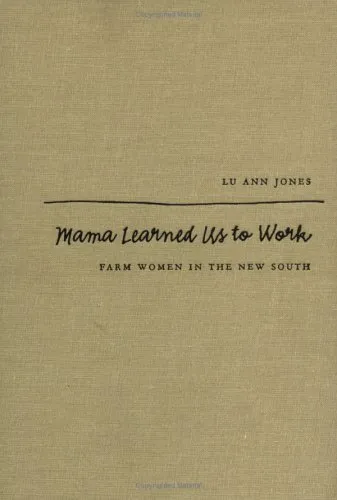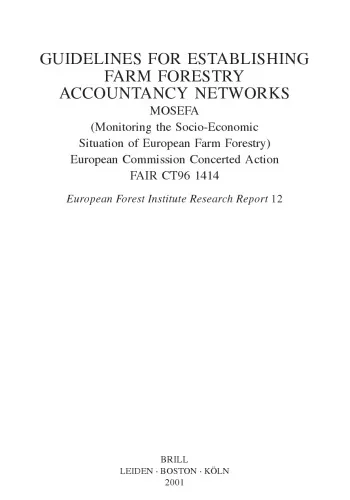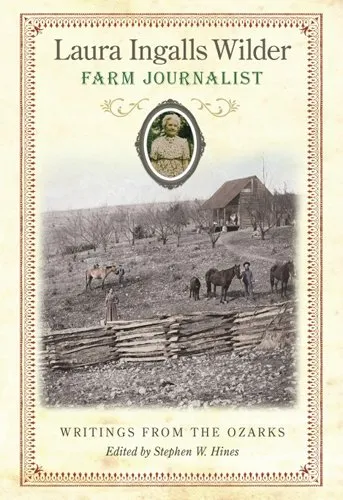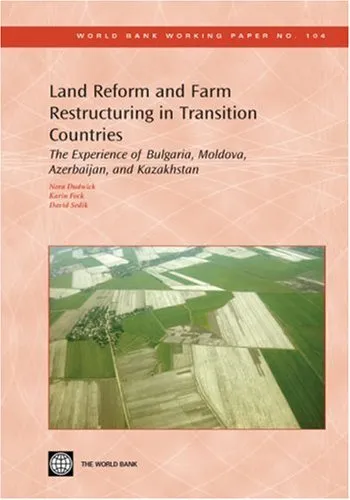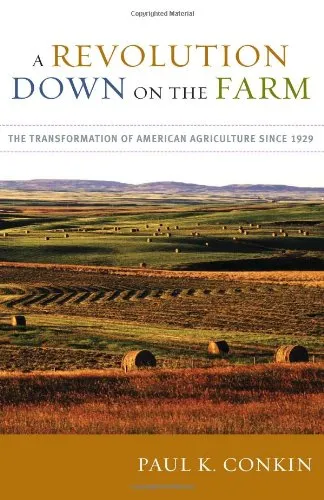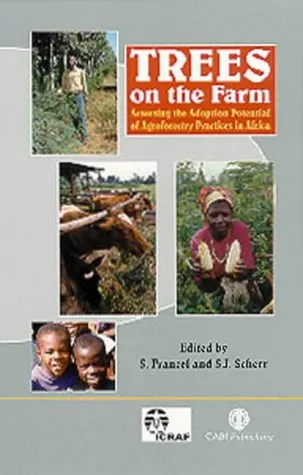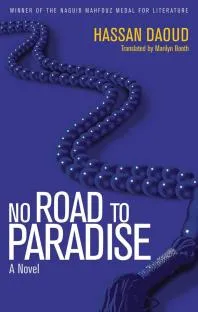The Handmaid's Tale
4.1
Reviews from our users

You Can Ask your questions from this book's AI after Login
Each download or ask from book AI costs 2 points. To earn more free points, please visit the Points Guide Page and complete some valuable actions.Related Refrences:
Persian Summary
The Handmaid's Tale: An Introduction
Margaret Atwood's "The Handmaid's Tale" is an iconic piece of dystopian literature that delves into themes of power, control, and gender dynamics in a world transformed by totalitarianism.
Detailed Summary of the Book
"The Handmaid's Tale" is set in the near-future dystopia of Gilead, a theocratic society that has replaced the United States. The novel explores the life of the protagonist, Offred, who is one of the "Handmaids" designated for reproductive purposes to counteract the declining birth rates caused by pollution and diseases. The state enforces strict societal roles, and women are stripped of their individual rights and categorized based on their functions, such as Wives, Marthas, and Handmaids.
Offred, whose real name is never revealed, belongs to Fred, hence the patronymic Offred; she serves in the household of the Commander and his Wife, Serena Joy. Her existence is plagued by constant surveillance, rigid regulations, and the perpetual fear of punishment. The narrative oscillates between Offred's present situation and her reflections on the past when she lived her life with her husband, Luke, and their daughter.
Throughout the narrative, Offred's internal monologues reveal her struggle to retain her identity and sense of self amidst the indoctrination and brutality of Gilead's regime. Her interactions with other Handmaids, such as Ofglen, and clandestine encounters with the Commander challenge her resolve and lead to gradual involvement in a resistance movement known as "Mayday."
Key Takeaways
- The novel acts as a cautionary tale about the potential consequences of political, social, and environmental neglect, highlighting how easily liberties can be eroded.
- Atwood examines the power dynamics between genders, showcasing the extent to which patriarchal systems can suppress women's autonomy and freedom.
- The structure of Gilead demonstrates the bureaucratic nature of totalitarian regimes, where religious fanaticism is used to justify oppression and control.
- The story is a testament to human resilience and the enduring spirit of rebellion against oppressive systems.
Famous Quotes from the Book
The book is rich with powerful quotes that embody its themes and messages:
"Better never means better for everyone... It always means worse, for some."
"Nolite te bastardes carborundorum."
"Ignoring isn’t the same as ignorance, you have to work at it."
Why This Book Matters
"The Handmaid's Tale" resonates due to its incisive exploration of the themes of autonomy, identity, and power, serving as a stark reminder of the potential fragility of democratic and personal freedoms. In today's landscape, the novel continues to be relevant, sparking conversations about gender rights, bodily autonomy, and governmental overreach.
Atwood’s masterful blend of speculative fiction with keen social commentary turns the book into a vital narrative that transcends its genre. It engages readers not only as a work of fiction but as a thought experiment and a wake-up call for societies at risk of sacrificing liberty for the guise of security and order.
The adaptation of the novel into a successful television series has also revitalized its discussion, making it a staple in both literary circles and popular culture, further solidifying its importance and influence. Its themes challenge readers to reflect on current societal trajectories and question how individual actions contribute to the larger tapestry of history.
Free Direct Download
You Can Download this book after Login
Accessing books through legal platforms and public libraries not only supports the rights of authors and publishers but also contributes to the sustainability of reading culture. Before downloading, please take a moment to consider these options.
Find this book on other platforms:
WorldCat helps you find books in libraries worldwide.
See ratings, reviews, and discussions on Goodreads.
Find and buy rare or used books on AbeBooks.
1630
بازدید4.1
امتیاز0
نظر98%
رضایتReviews:
4.1
Based on 0 users review
Questions & Answers
Ask questions about this book or help others by answering
No questions yet. Be the first to ask!

